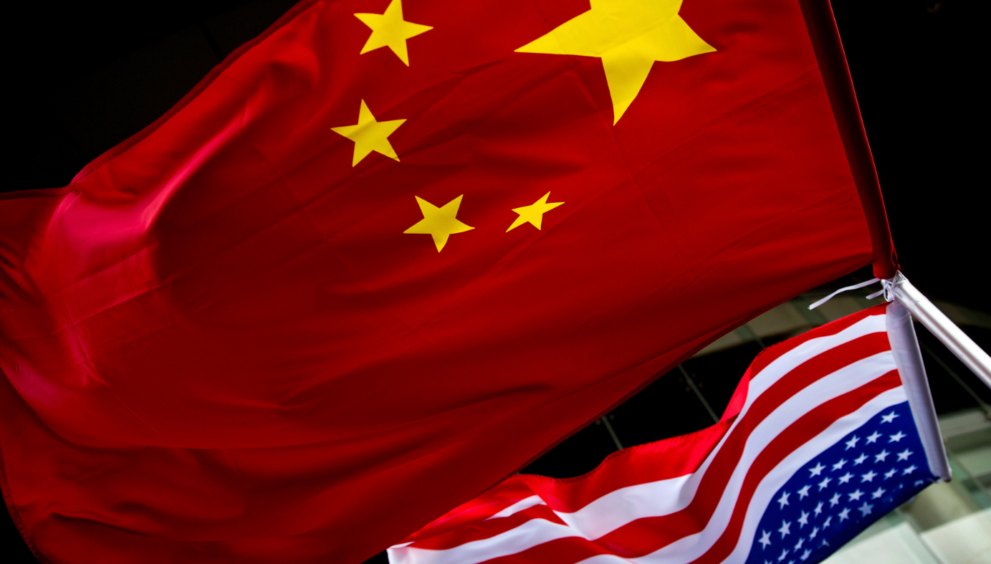Why You Need to Develop a New Strategy If You Continue Relying on Chinese Suppliers

If you are managing a business with international transactions in Europe, South America, Mexico, or Canada, the concern about tariffs should not be too pressing.
It is expected that costs might increase temporarily. But in the long run, the Trump administration will negotiate new rates that are likely to be lower than the current ones. This negotiation process may take several months and involve fluctuations, threats, and compromises. Nonetheless, these countries rely more on U.S. consumers than the other way around. Therefore, they will need to reach an agreement, which they will eventually do.
However, if your business heavily relies on Chinese products, you are facing a more significant issue. The talks about tariffs predominantly revolve around China, despite all the commotion. If you follow President Trump’s actions, you should not be surprised, as this has been an ongoing matter.
Let’s reminisce about 2018, during the initial Trump administration. At that time, the president also discussed increasing tariffs against Mexico and Canada, but these disagreements were eventually resolved. In contrast, China remained a persisting problem.
China experienced tariff hikes from Trump three times in 2018 on nearly $350 billion worth of Chinese goods, including machinery, equipment, electrical appliances, and other industrial products. Responding to these tariffs, China imposed tariffs of 25 percent on nearly $45 billion of U.S. exports, such as vehicles, crude oil, plastics, chemicals, liquefied propane, and various agricultural and food products like soybeans. This escalation led Trump to introduce further tariffs on goods ranging from phones, computers, and furniture to lamps and suitcases, covering almost half of the imports from China.
The tariffs were believed to cause more harm than benefit by many economists, although the data was inconclusive. While some tariffs remained intact, most eventually dissipated. Then, the pandemic struck.
The onset of COVID in early 2020 shifted everyone’s focus. Following Biden’s presidency in 2021, several Chinese tariffs were implemented on electric vehicles, batteries, critical minerals, and semiconductor chips, originating back from 2024. However, most of the previous tariffs instated during the Trump era were forgotten.
Trump has recently returned, reigniting past grievances towards China shared by him and numerous U.S. businesses, which extend beyond tariffs. In 2018, Trump expected China to meet various demands, exceeding just tariff reductions and trade equilibrium. These demands included significant deficit reductions and regulatory changes to impede Chinese access to American technology. Trump also aimed to halt the enforcement of joint ventures between American companies in China and Chinese entities. There was a call for action against piracy and industrial espionage, with quarterly evaluations to ensure compliance.
Former Secretary of Commerce Wilbur Ross acknowledged the U.S. trade deficit with China, emphasizing that China has more at stake in resolving this deficit. Unfortunately, none of these objectives were met, as the trade deficit with China continued to rise, nearing $300 billion in just one year.
Despite unfavorable circumstances, certain aspects have shifted in America’s favor. Since then, the Chinese economy has encountered deceleration. China’s dependency on the U.S. consumer has increased, while its real estate market weakens, and its reputation dwindles, particularly post-COVID. Its political structures have veered towards greater autocracy, and its appeal to Western businesses has diminished. Additionally, China has exhibited more aggressive military behavior.
Trump’s decision to impose tariffs halfway through his term in the previous round was deemed imprudent, a lesson he seems to have learned. Aware of China’s threats to the U.S.’s military and economic security, Trump is gearing up for an extensive trade war. This endeavor anticipates sacrifices, signifying an increase in prices for Chinese products and struggles for American enterprises intertwined with Chinese suppliers and consumers. Those who ignored the warnings and failed to adjust their operational strategies will bear the repercussions of this trade war.
Businesses should have devised alternative plans by now to navigate through this transitional period. Failure to do so will result in a challenging few years ahead.
Gene Marks is the brain behind The Marks Group, a consultancy catering to small businesses.
























































































































































































































































































































































































































































































































































































































































































































































































































































































































































































































































































































































































































































































































































































































































































































































































































































































































































































































































































































































































































































































































































































































































































































































































































































































































































































































































































































































